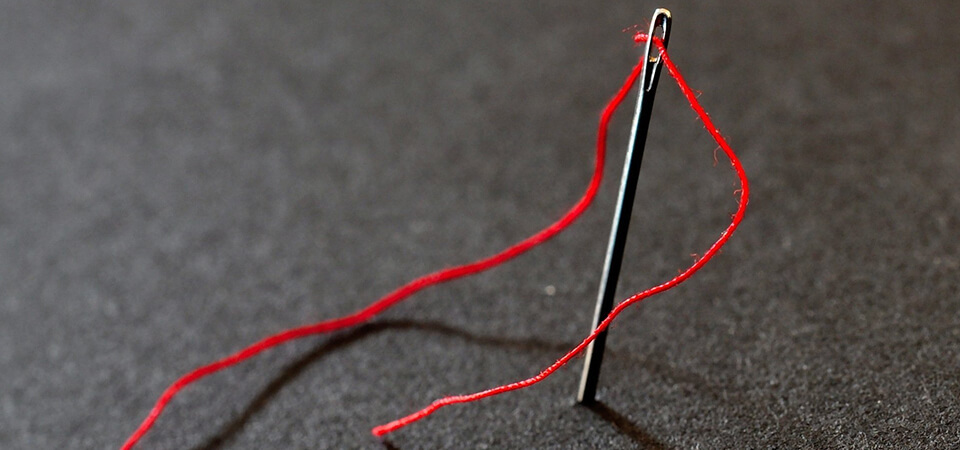Russian Superstitions

Russian people have always been considered very superstitious. For many centuries Russians have accumulated a huge number of superstitions that are based on observations and associated with different spheres of life. In this article, we’re going to tell you about most popular superstitions that Russians believe in in their everyday life.
Spilled salt
According to Russian superstition, spilling salt will lead to an argument or misfortune. This superstition appeared in Russia in the 17th century during riots and rebellions. At that time, salt was expensive, so it means if you spill salt, it will lead to an argument with the family members. However, Russians have always found a way to avoid trouble. If you believe in superstitions and accidentally have spilled salt, it is enough to laugh, hit yourself on the forehead, or sprinkle some spilled salt on your head. Later people began to joke that if a person has added too much salt to the food, it means this person is in love with someone.
Whistling indoors
This superstition is so popular that even people who are not superstitious at all know about it. It used to be inappropriate to whistle indoors. According to a lot of beliefs, whistling indoors attracts evil spirits. Russians believed that whistling indoors could offend the domovoy who would run away taking all money. Superstition has it that wind enters the house with a whistle and it take away all wealth out of the house all the wealth. Sailors don’t whistle as they are afraid to call a gale. It is also believed that if you whistle indoors, you’ll whistle away not only your money but also your memory.

Clothes inside out
According to Russian tradition if people have put on their clothes inside out, it means they might face misfortune. It’s not a surprise, as in the past people used to have a more respectful attitude toward their clothing than modern people do. At that time clothing also had a protective function, therefore people often embroidered special patterns in it. Besides that, clothing used to be really expensive, and only a slovenly person could put it on inside out.
Sewing on yourself
There is one more superstition connected with clothing. It warns you not to sew on yourself, as you can sew your memory up. No one knows the origin of this superstition. We can only assume that in the old days there were no antiseptics and antibiotics, but the needles were large, and it was possible to accidentally hurt yourself with it and get a serious blood infection. But you can save yourself with a counteraction: in order to save your memory, you just need to put a thread into your mouth.

Shaking hands over a threshold
In Russian culture, there are lots of superstitions related to a threshold. The most popular ones say that you shouldn’t greet people or give something to them over a threshold. It was believed that a threshold is a border between the real world and the world of spirits. Threshold has had a sacred meaning since ancient times. Ashes of dead relatives were often buried under the threshold. Therefore, people have this special attitude toward it.
Black cats
This is one of the most common Russian superstitions. If a black cat crosses the road in front of you, it’s a bad sign. In old days, black cats were very precious and if people had a black cat they didn’t let it out. Black cats were a kind of a mascot, they saved houses from fire. It was believed that if a black cat wanders by itself, it had left the family and was an omen of misfortune.

We’ve told you about a few most popular Russian superstitions. However, there are much more of them and they are related to various spheres of life.
You may be interested

Why do people speak Russian in Daugavpils?
As it seems to us, Daugavpils is the best place to learn Russian now, because our city is situated in the EU and NATO, but at the same time 90% of the city’s population speak Russian at home.

ЭТЮД О ДВИНСКЕ
Etude on Dvinsk by F.Fedorov
The Baltic region is one of the most catastrophe prone regions of the 2nd millennium, especially its second part; it is the centre of attraction of ‘geopolitical’ interests of the European world. Probably the most tragic fate has befallen to the eastern part of the present Latvia and its multi-titled town of Dinaburg – Dvinsk – Daugavpils. During its 730 years long history, the town went through five rather autonomous periods of development, five different lives (German, Polish, Russian, Latvian, Soviet), and at the beginning of the 1990s it entered into the 6th period.
The history of Dinaburg – Dvinsk – Daugavpils is the history of five attempts by the town to begin its life anew; and this is determined not only by the fact that the town was four times burned down and had to start life from scratch, but first and foremost because each of these periods was characterized by a total change of ethnos and the socio-cultural field.
The present article deals with the cultural space of the town in one of the most efficient periods of its development – from the 1860s till World War I.








